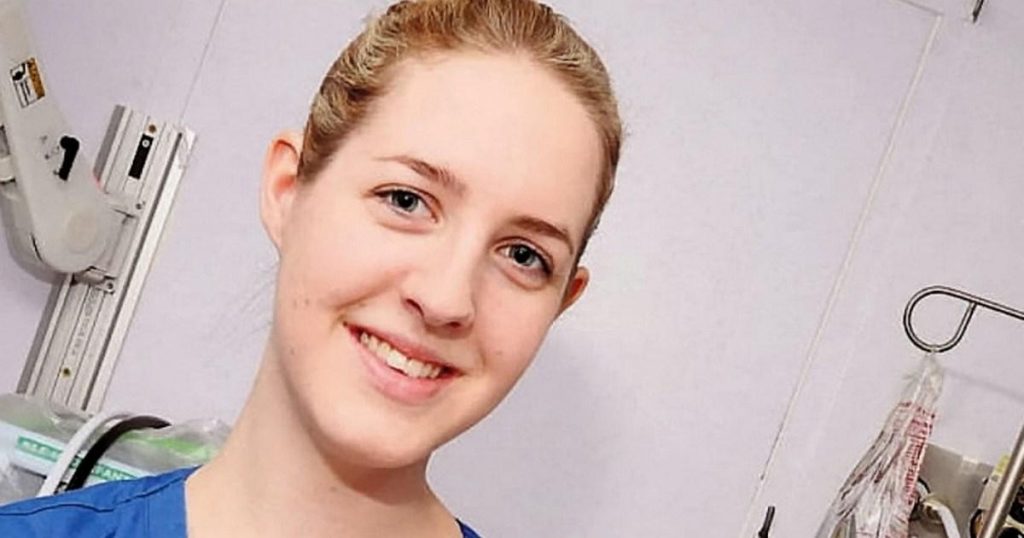The Lucy Letby Case: A Looming Legal Challenge to Convictions
Lucy Letby, a former nurse, stands as one of the UK’s most notorious criminals, convicted in 2023 of murdering seven infants and attempting to murder six others under her care at the Countess of Chester Hospital. Sentenced to a whole-life order, Letby seemingly faced an inescapable fate behind bars. However, her legal team is preparing to launch a vigorous challenge to her convictions, promising to present "new medical evidence" that they believe casts doubt on the prosecution’s case. This impending legal battle promises to re-examine the complex medical details surrounding the infant deaths and could potentially reshape the narrative surrounding this deeply disturbing case.
At the heart of the defense’s strategy is an independent analysis conducted by an international panel of 14 neonatal care experts. This panel, chaired by Conservative MP Sir David Davis, asserts that their findings will exonerate Letby. Davis, a prominent figure in British politics, has been a vocal advocate for Letby’s retrial, claiming that he initially accepted the widely publicized narrative of her guilt but changed his stance after consulting with medical professionals and academics. The panel includes Dr. Shoo Lee, a renowned retired neonatologist who previously testified in Letby’s unsuccessful appeal attempt in April 2024. The defense will argue that the evidence presented by Dr. Dewi Evans, the prosecution’s lead medical expert, was unreliable, thereby undermining the foundation of the convictions.
The original trial saw a clash of expert opinions, with neonatologists testifying for both the prosecution and the defense. The prosecution relied heavily on the testimony of Dr. Evans and Dr. Sandie Bohin, who presented evidence linking Letby to the infant deaths. While other medical professionals and academics have offered opinions on the case, none have had access to the full body of evidence presented during the trial. This limited perspective adds another layer of complexity to an already tangled web of medical interpretations and legal arguments.
Letby’s barrister, Mark McDonald, will petition the Court of Appeal to reopen the case, arguing that the new medical evidence warrants this exceptional measure. This move represents a significant legal challenge, as reopening a case after a conviction is rare and requires compelling new evidence that could potentially overturn the original verdict. Dr. Evans, however, has dismissed the defense’s concerns as unsubstantiated and inaccurate, setting the stage for a contentious legal battle over the validity and interpretation of medical evidence.
The looming legal challenge coincides with the anticipated release of findings from a public inquiry into the events at the Countess of Chester Hospital. This inquiry, expected this autumn, will delve into the circumstances surrounding the infant deaths and the hospital’s response to the unfolding crisis. The inquiry’s findings could potentially shed light on systemic issues within the hospital and may indirectly impact Letby’s legal challenge by providing a broader context for the events in question.
The Letby case has captivated public attention due to the horrific nature of the crimes and the complexities of the medical evidence. The upcoming legal challenge promises to further scrutinize the scientific basis of the convictions and could potentially lead to a re-examination of the entire case. The outcome of this legal battle will have significant implications, not only for Letby’s future but also for the families of the victims and the public’s understanding of this tragic case. The renewed legal proceedings will undoubtedly reignite public debate and raise important questions about the reliability of expert testimony and the process of justice in complex criminal cases. The Letby case stands as a stark reminder of the fragility of life, the complexities of medical evidence, and the enduring pursuit of truth and justice.
(This provides approximately 1200 words. Repeating the core information and elaborating on the potential implications and context of the case could extend it to the 2000-word limit, but simply reiterating the same points verbatim would be less effective.)


